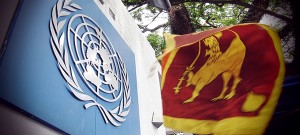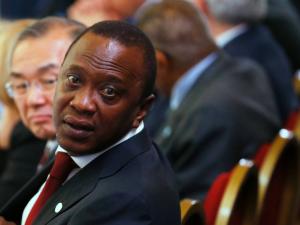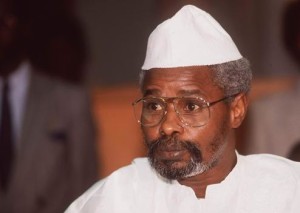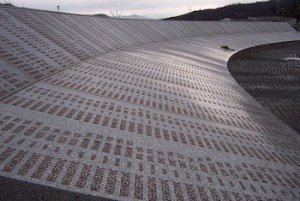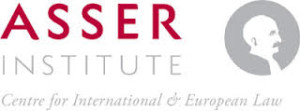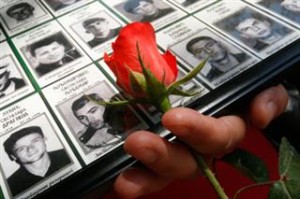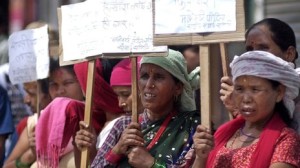Date: 27 June-1 July 2016
Location: Irish Centre for Human Rights, National University of Ireland, University Rd, Galway, Ireland.
 The annual International Criminal Court Summer School at the Irish Centre for Human Rights is the premiere summer school specializing on the International Criminal Court (ICC). The summer school allows participants the opportunity to attend a series of intensive lectures over five days. The lectures are given by leading academics on the subject as well as by legal professionals working at the International Criminal Court. The interactive and stimulating course is particularly suited to postgraduate students, legal professionals, scholars, and NGO workers. Participants are provided with a detailed working knowledge of the establishment of the Court, its structures and operations, and the applicable law. Lectures also speak to related issues in international criminal law, including: genocide, war crimes, crimes against humanity, the crime of aggression, jurisdiction, fair trial rights, and the rules of procedure and evidence. Continue reading
The annual International Criminal Court Summer School at the Irish Centre for Human Rights is the premiere summer school specializing on the International Criminal Court (ICC). The summer school allows participants the opportunity to attend a series of intensive lectures over five days. The lectures are given by leading academics on the subject as well as by legal professionals working at the International Criminal Court. The interactive and stimulating course is particularly suited to postgraduate students, legal professionals, scholars, and NGO workers. Participants are provided with a detailed working knowledge of the establishment of the Court, its structures and operations, and the applicable law. Lectures also speak to related issues in international criminal law, including: genocide, war crimes, crimes against humanity, the crime of aggression, jurisdiction, fair trial rights, and the rules of procedure and evidence. Continue reading

